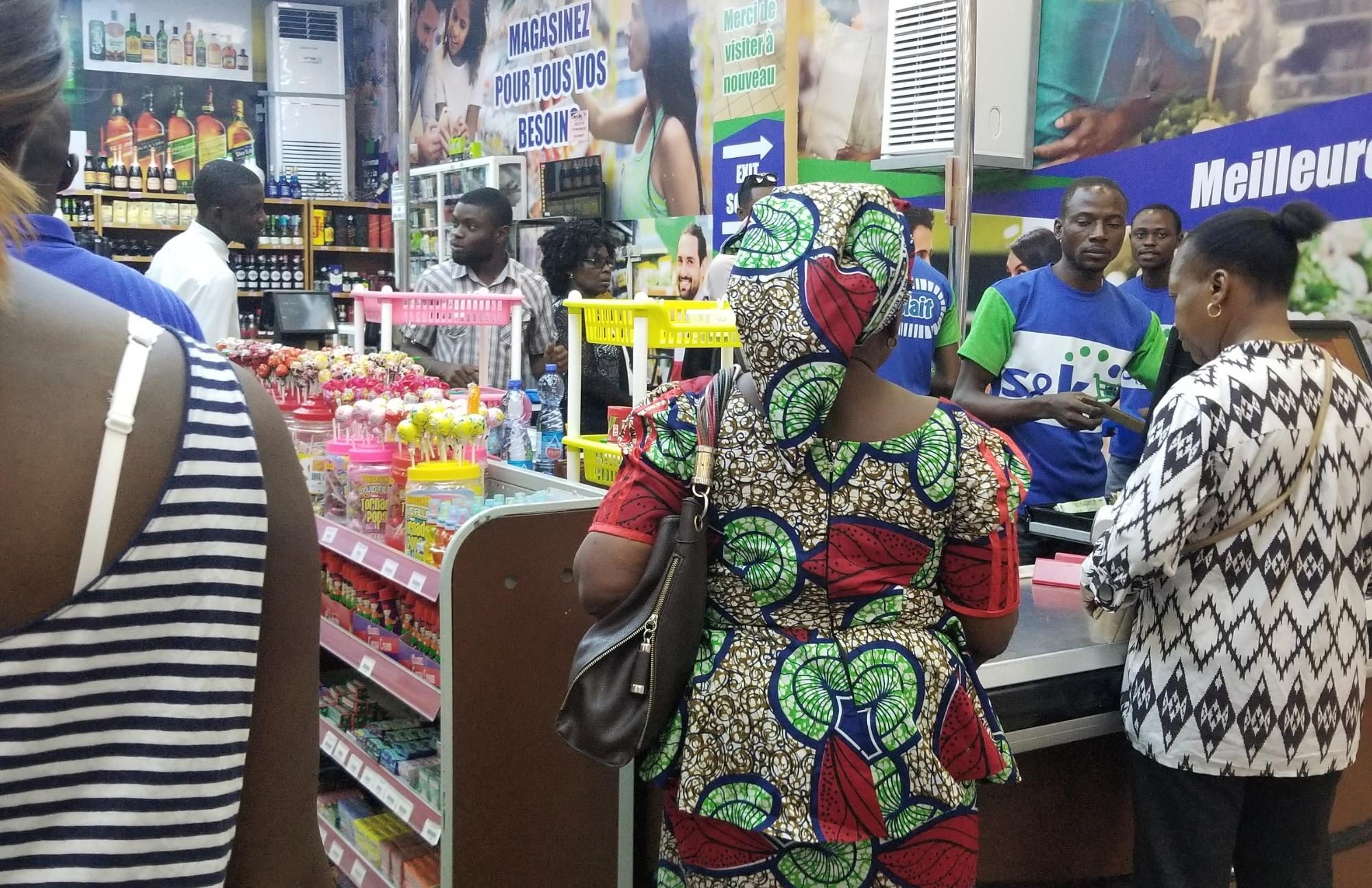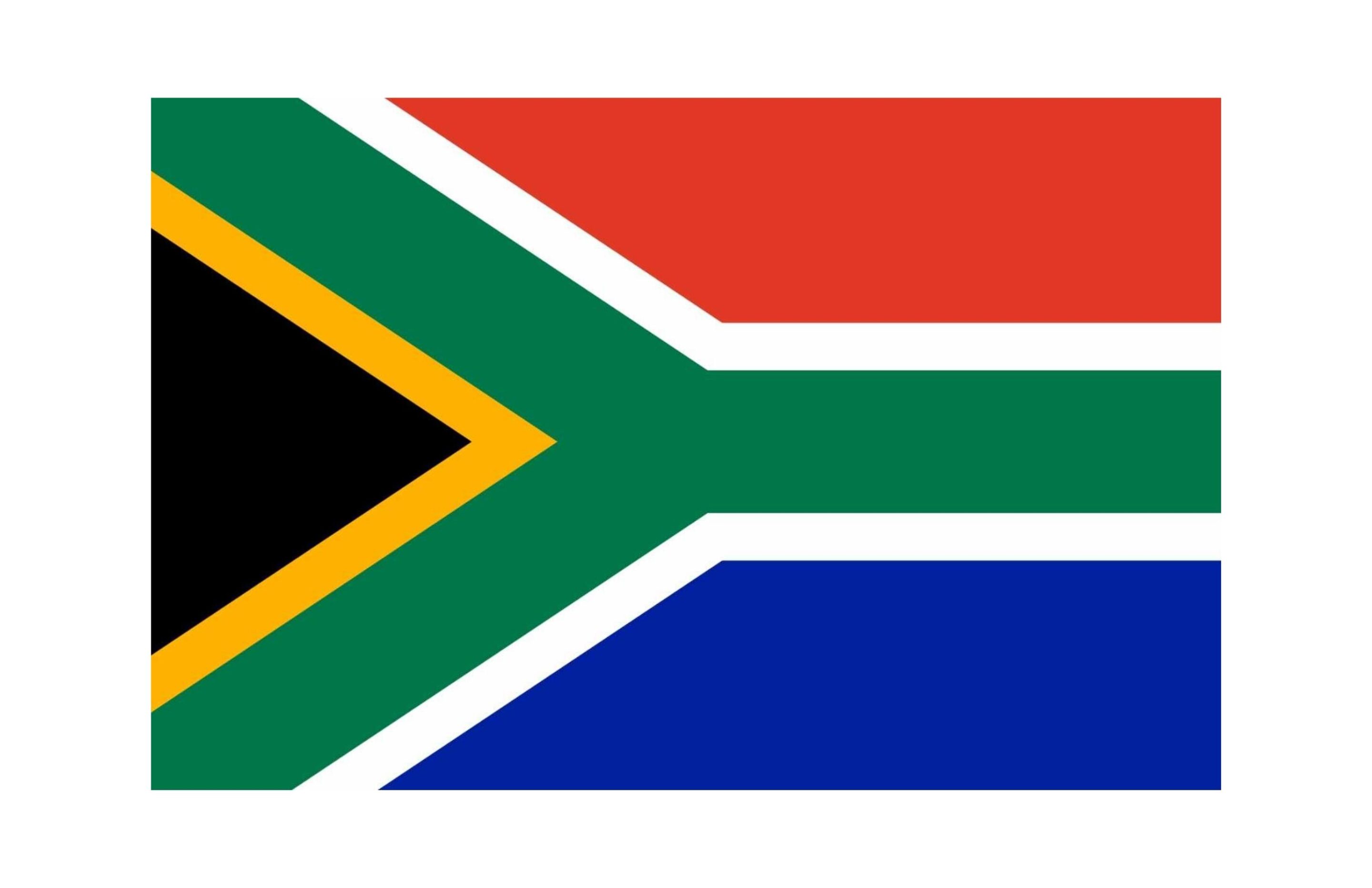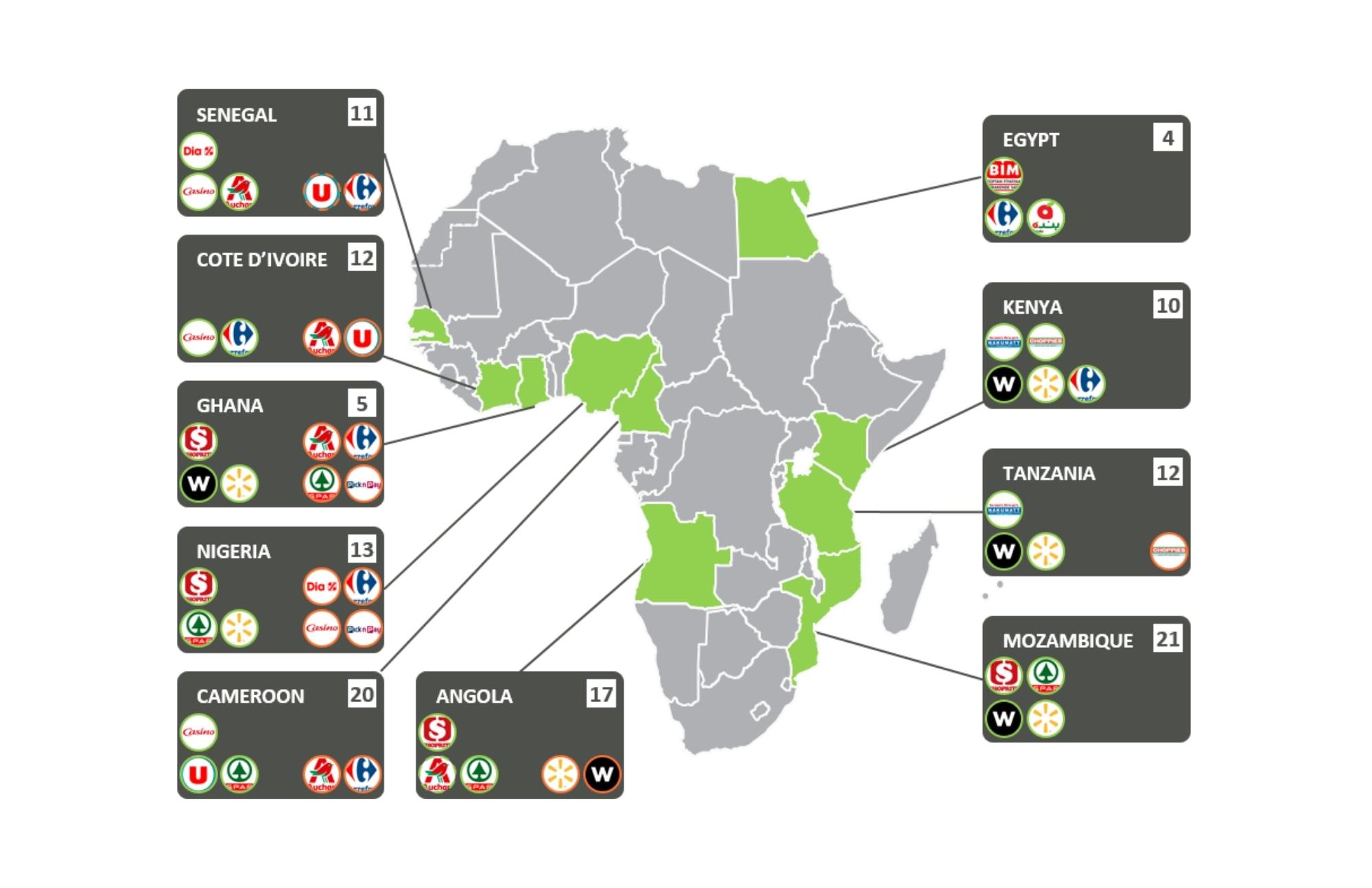The declaration has been followed by a depreciation of the exchange rate without precedent: on the 14th June 2023, the CBN’s exchange rate was NGN464.5 for one dollar. A week later, on the 21st June 2023 it was NGN708.2, which represents a loss of one third of the currency value in one week.
Fx control in Nigeria
The CBN had maintained a complex, multi-level, pegged exchange rate since the adoption of the Naira as a currency in 1971. The system has suffered from several major structural issues. Most of Nigeria’s fx supply comes from oil exports, which has led to volatile access to international currency for the CBN and frequent shortages when the oil price falls.
A massive parallel market for currency has developed alongside the official currency exchange system: most non-oil sources of fx (such as remittances or non-oil exports) have tended to be channeled through the parallel currency exchange. On June 1st, 2023 the parallel market exchange rate was between NGN740 and 750 for one dollar. Meanwhile, the official exchange rate from the CNB was NGN460.9, a gap of 60.6%.
That gap between the official and the de facto exchange rates has also fueled corruption: well-connected importers able to access foreign currency at the official rate enjoyed a massive advantage over competitors relying on the parallel market.
Nigeria’s fx policy has been repeatedly criticized by international financial institutions such as the IMF, which has called for the suppression of the controlled exchange system several times in the past. The implementation of a free-floating exchange rate has been one the IMF’s Executive Board main demands at the end of its consultation with Nigerian authorities in February 2023.
The situation today
So far, the impact of the abolition of the controlled exchange rate has been a rapid depreciation of the exchange rate, as the CBN’s rate aligns with the parallel rate. As CBN Deputy Governor Kingsley declared during a June 19th interview with Bloomberg, the Bank has not intervened to modify the exchange rate: “we are allowing the market itself to set a price”. However, he added that the Bank’s objective was a “managed float” rather than a perfectly free float, leaving some ambiguity about the possibility of a future intervention. Meanwhile, President Tinubu, elected in February 2023 on promises of economic growth and jobs creation, has reasserted his commitment to a free-floating exchange rate to attract foreign investment.
Implications for importers
The adoption of a free-floating exchange rate should level the field among Nigerian importers. Importers who had access to fx at the official CBN-fixed rate were buying dollars at a subsidized price relative to the open market. But that access was constrained by the Central Bank’s limited ability to provide dollars. Meanwhile, importers that relied on the parallel market used a much less favourable exchange rate, but had free access to fx. The levelling of the playing field should benefit larger, official importers. Informal importers can still have some benefits (tariff and tax avoidance) but they no longer have better access to fx.
One immediate problem is that free floating the Naira has not improved the supply of fx: banks are still restricting the amount of foreign currency that their customers can withdraw from their accounts. Fx is still in short supply.
Implications for consumers
The price of imported manufacturing inputs and processed goods is rising sharply as the official exchange rate depreciates. Those price hikes will reverberate along the value chain to the final consumers. Combined with the removal of government subsidies on fuel, they will severely drive up the cost of living for Nigerian households. In April 2023, the IMF forecasted a 20% average consumer price inflation rate for Nigeria in 2023. With the recent depreciation of the Naira, the actual rate will probably be higher putting more of a squeeze on the cost of living and potentially also fuelling political unrest.
Implications for investors
President Tinubu justified his decision to abandon the pegged exchange rate by the need to improve Nigeria’s global competitiveness and ability to attract international investment. Volatile access to fx, challenging profit repatriation, and the market distortions caused by multiple exchange rates have long been deterrents to investment in Nigeria.
The removal of those obstacles should do two things: derisk the fx aspect of investments and make imported goods less attractive, meaning that investors in Nigeria’s domestic agriculture and food processing sector are handed a driver of growth.
The case of Egypt is a good example of what Nigerian authorities aim to achieve: in 2016, Egypt abandoned its exchange control measures and saw the value of the Egyptian Pound halve before becoming a key target for investments from Gulf countries. It too is positioning itself as a cheap manufacturing location for multinationals.
Will the reform go through?
In theory, ending the pegged exchange rate could alleviate many of Nigeria’s economic difficulties. However, its benefits will be slow to manifest for most Nigerians. Meanwhile, its impact on the cost of life is immediate.
Nigerian authorities have already tried several times to adopt a free-floating exchange rate, the latest attempt in 2016. Those attempts only lasted a few months before being abandoned in favor of a return to a “managed exchange rate”. There is currently no guarantee the 2023 attempt will be more successful. Whether it lasts or not will depend on the reaction of the Nigerian population to a cost of living rising even more rapidly than before, and on the Tinubu government’s resistance to the political instability that could follow.










